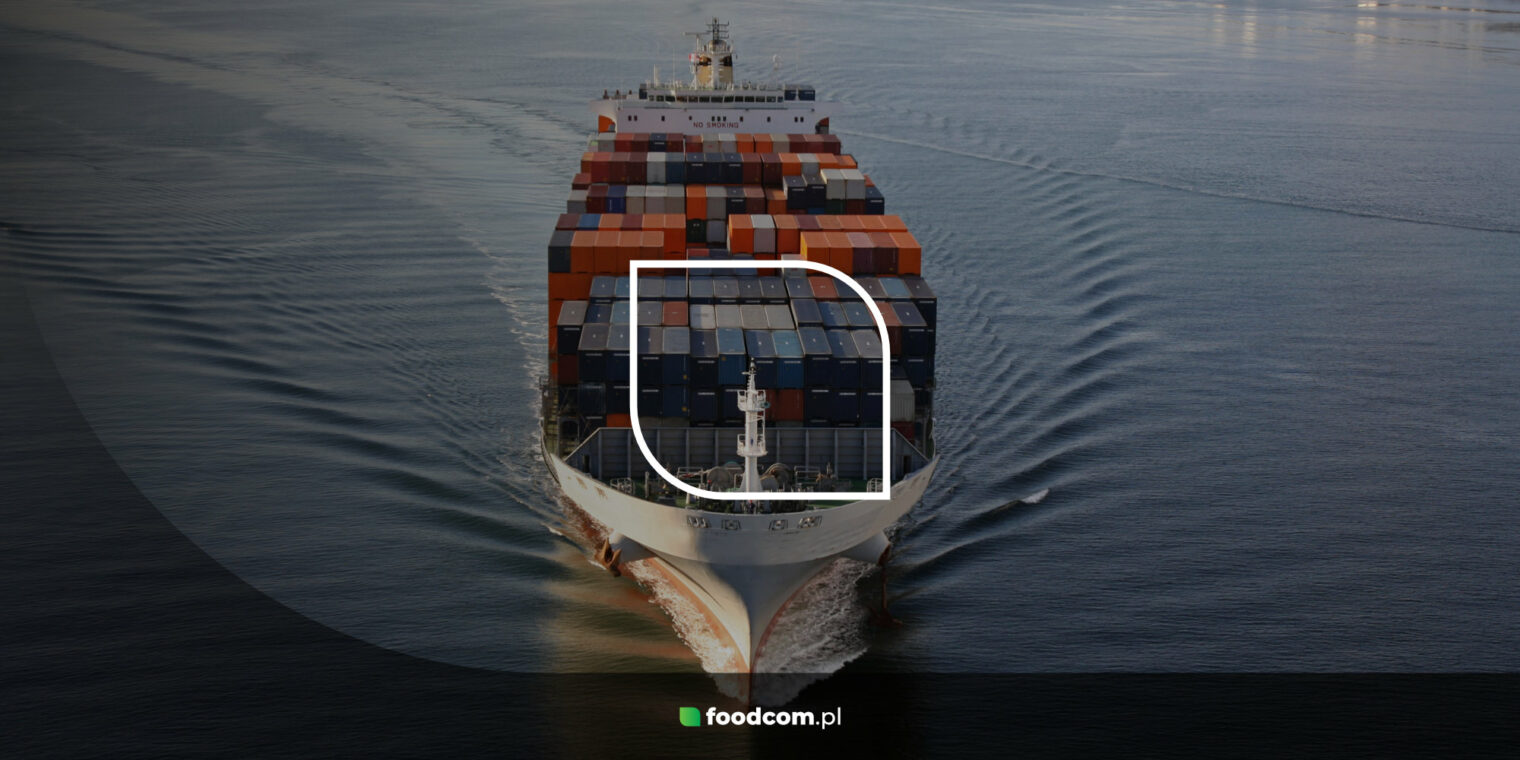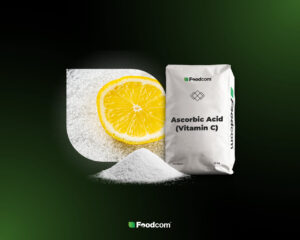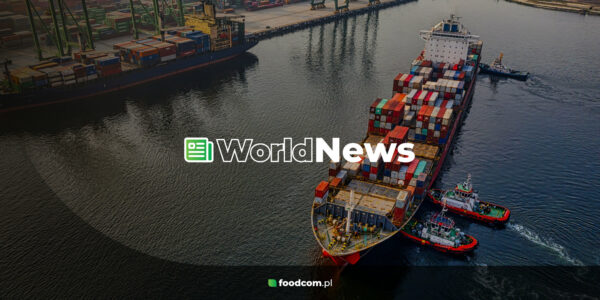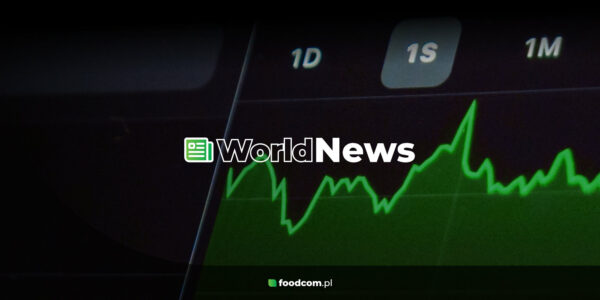The Netherlands, with its strategic location and robust infrastructure, is a key hub for international trade, including the commodity trading sector. This industry is fundamental to the Dutch economy and offers exciting opportunities for professionals seeking careers in a dynamic and challenging environment. Below, we explore the landscape of commodity trading jobs in the Netherlands, the skills required, and prospects for those interested in pursuing a career in this field.The commodity trading industry in the Netherlands encompasses various sectors, including agricultural products, metals, energy, and more. The Port of Rotterdam, one of the world’s largest and busiest ports, serves as a significant entry point for commodities, making the Netherlands an essential player in global trade networks.Commodity traders in the Netherlands deal with the buying and selling of these physical goods. They work in trading houses, financial institutions, and within the trade departments of large corporations that produce or consume commodities. Commodity trading jobs can range from front-end roles such as traders and sales professionals to support functions like logistics, finance and marketing.
Skills Required
Commodity trading is both fast-paced and complex, requiring a diverse set of skills. Candidates typically must have:
- Analytical skills – Ability to analyze market data and economic trends.
- Decision-making abilities – Making timely decisions based on incomplete information.
- Negotiation skills – Negotiating prices and contracts with clients and suppliers.
- Mathematical prowess – Strong quantitative skills for assessing financial risks and returns.
- Understanding of compliance – Knowledge of legal frameworks and international trade regulations.
- Communication – Clear and effective communication, both written and spoken, is essential.
Education and Experience
A background in finance, economics, business, or a related field is often required. Many roles may also require experience or a strong understanding of the specific commodity being traded. While not always a prerequisite, fluency in Dutch and English is advantageous in this multilingual business environment. But don’t worry, at Foodcom S.A. we don’t take as much attention in this regard, what matters is what you can accomplish and how you adapt to dynamic changes on a daily basis.
Job Market and Prospects
The demand for commodity trading professionals in the Netherlands is influenced by the global economic climate, technological advancements, and regulatory changes. With its emphasis on sustainable trading and green energy, the Netherlands is at the forefront of innovating traditional trading practices.
Amsterdam, Rotterdam, and The Hague are key cities offering opportunities in commodity trading, housing major trading firms, multinational corporations, and financial institutions.
Career Development
For those aiming to advance their career in commodity trading, the Netherlands offers extensive networking opportunities, professional advancement programs, and the chance to work with leading experts in the field. Professionals can also benefit from specialized training and certifications offered by various institutes to enhance their expertise and marketability.
The industry does present challenges, including the need to be constantly informed about market changes and geopolitical events that can impact prices and trade flows. Additionally, traders must be comfortable with high-stress environments and the potential for significant financial risk. Commodity trading jobs in the Netherlands present an opportunity to be at the center of a vibrant and crucial aspect of the global economy. With the right skill set and expertise, professionals can find a rewarding career path that offers both challenges and opportunities for growth. Whether you are just starting out or looking to advance an existing career, the commodity trading sector in this European trade hub is worth considering.









